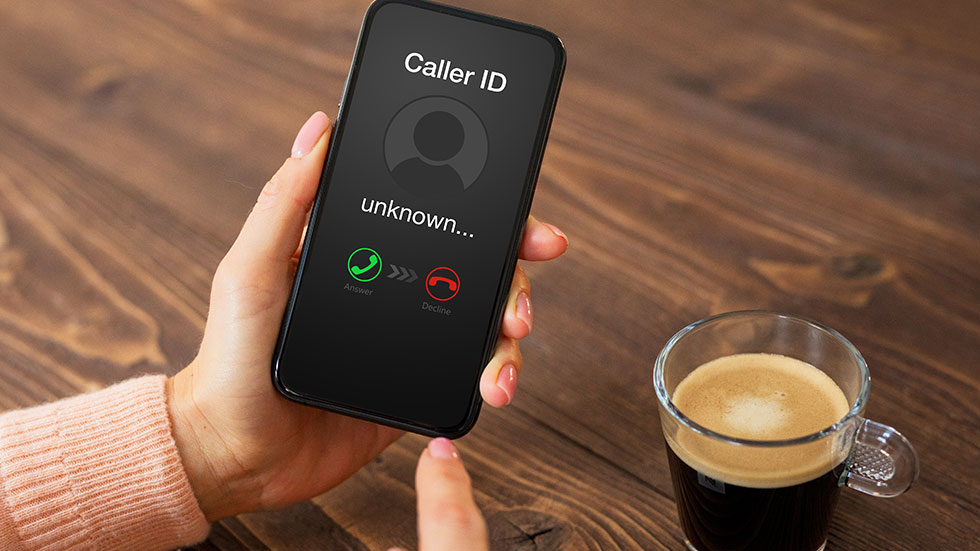
It’s hard to let go of your phone. Whether you need to run errands, have an outing with friends, or are lying in bed, your cell is a constant companion. But if your phone is coming with you, so are the endless calls. More and more frequently, unknown numbers call us daily. These calls are irritating at best, but they threaten anyone unsuspecting enough to pick up. If you would like to know how to avoid robocalls, here is a brief overview to get you started.

What is a robocall?
If you have ever picked up the phone and heard a prerecorded message play on the other end, it’s a robocall. While these calls often show up under unknown numbers, they occasionally use seemingly local area codes to trick you into answering.
If you find these calls irritating or unwanted, you’re not alone. The Federal Communications Commission (FCC) claims that robocalls are their top consumer complaint. It’s no wonder when you consider that U.S. consumers received almost 4 billion of these calls per month during 2020, according to the FCC’s private analysis. That’s why the FCC has taken up the cause to combat robocalls by punishing those who violate consumer protection laws.

How can I stop robocalls?
Both official organizations like the FCC and your cell phone provider are trying to roll back the number of robocalls U.S. citizens receive. For example, several big-name phone carriers like AT&T and Verizon put out technology to help prevent this problem. Under the encouragement of the FCC, the telecom industry developed a solution called STIR (Secure Telephony Identity Revisited)/SHAKEN (Secure Handling of Asserted information using toKENS).
But you can’t put all the heavy lifting on your cell service company. Some calls may still slip through the cracks. So, knowing how to handle robocalls in the future on your own will help keep you safe.
Remember: more often than not, these numbers will be unfamiliar. If you see a call coming in from a place, person, or number you don’t recognize, avoid answering. Some robocalls are getting smart, though, and may have a phone number that looks local. Still, let these roll to voice mail. Answering these robocalls can lead to further harassment down the line. Once a scammer or robocaller knows the number is active with a real person behind it, they may call more frequently, sell your number to someone else, or try harder to dig for your personal information.
Some robocalls try to provoke a reaction with panic-worthy mentions of the IRS, your bank, or auto dealer. If you ever receive a message regarding these or any accounts you may have, even a subscription service like Netflix, walk away. If you are worried about the state of those accounts or whether the threat is real, contact your service provider directly. They can confirm whether something is actually wrong.
If you want to help fight against robocallers, both the Better Business Bureau (BBB) and the Federal Trade Commission (FTC) have online forms you can fill out to report scams.

What is a robocall app?
The modern features rolling out on newer phones certainly help, but you may want some additional protection. If so, downloading an app that blocks calls may be the ticket. There are third-party developers and cell service companies that sell apps for this specific purpose.
With the apps, many of them typically charge you a fee to subscribe. Even if they claim to be free, it’s likely just a subscription service with a no-charge trial run. These apps also come with their challenges, though. In an era where privacy is vital, you must investigate any apps before downloading them onto your devices. Check which restrictions are on the app and whether it stores or tracks data from your phone.

